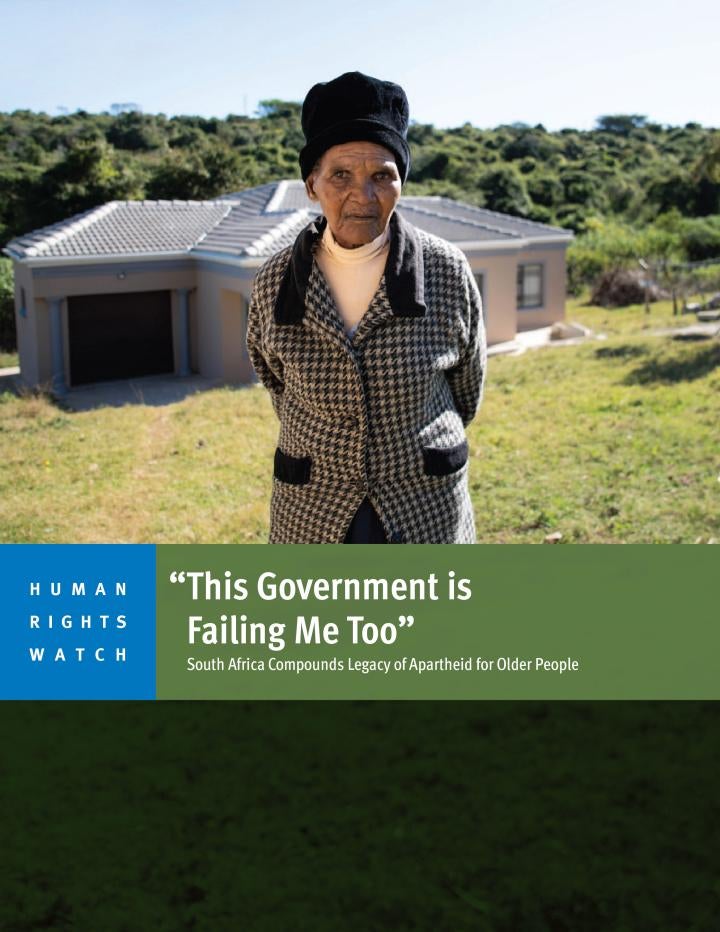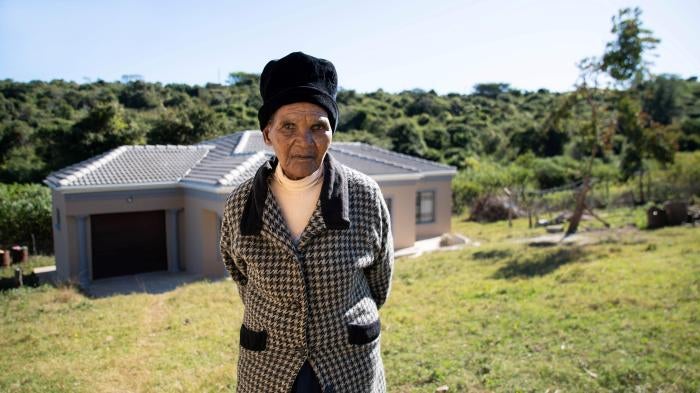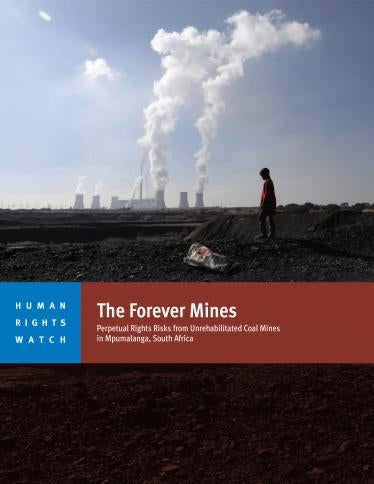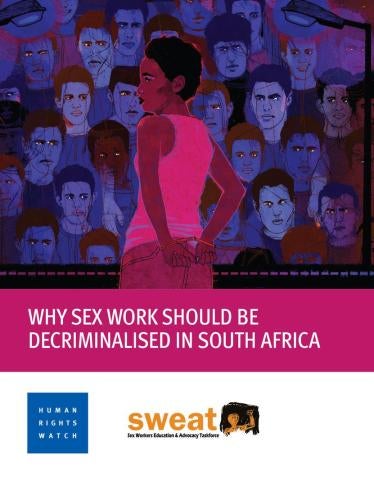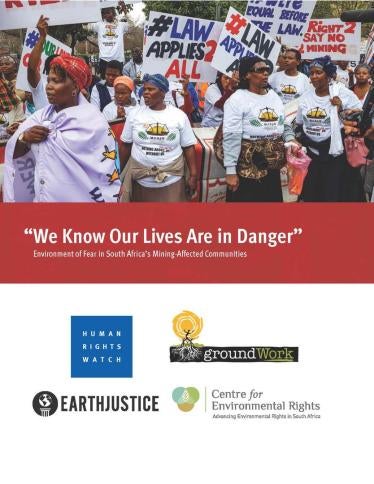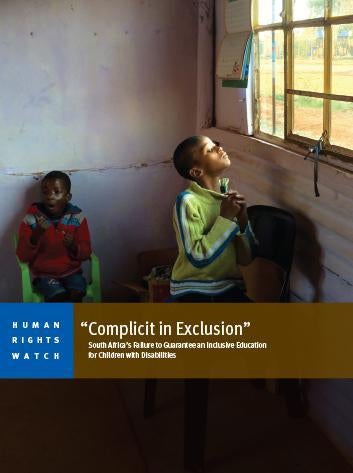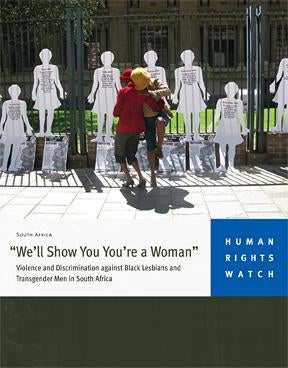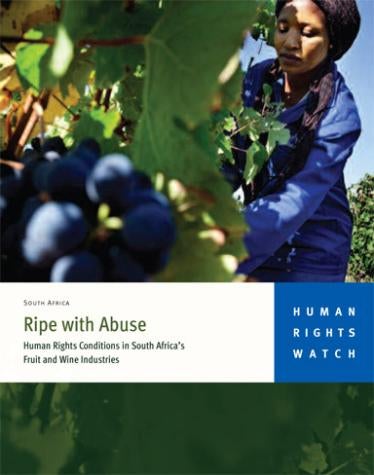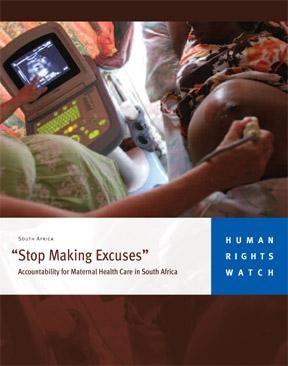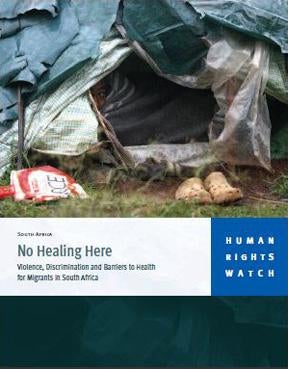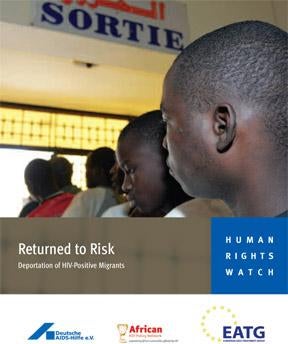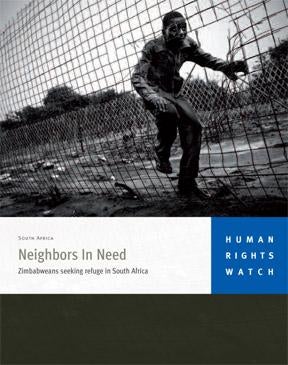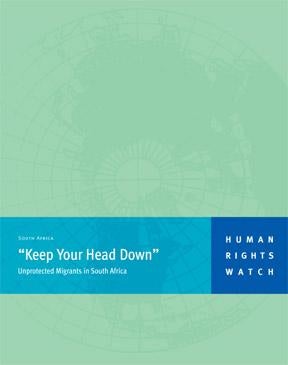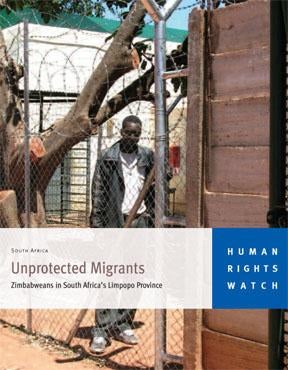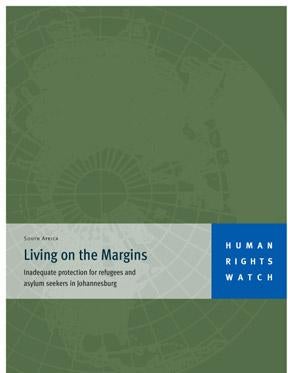“This Government is Failing Me Too”
South Africa Compounds Legacy of Apartheid for Older People
The 68-page report, “‘This Government is Failing Me Too’: South Africa Compounds Legacy of Apartheid for Older People,” details the government’s failure to effectively carry out the Older Persons Act, a post-apartheid law that guarantees the rights of older people and provides for community- and home-based care and support services. These services would enable older people to continue to live in their own homes with the support they are entitled to.
